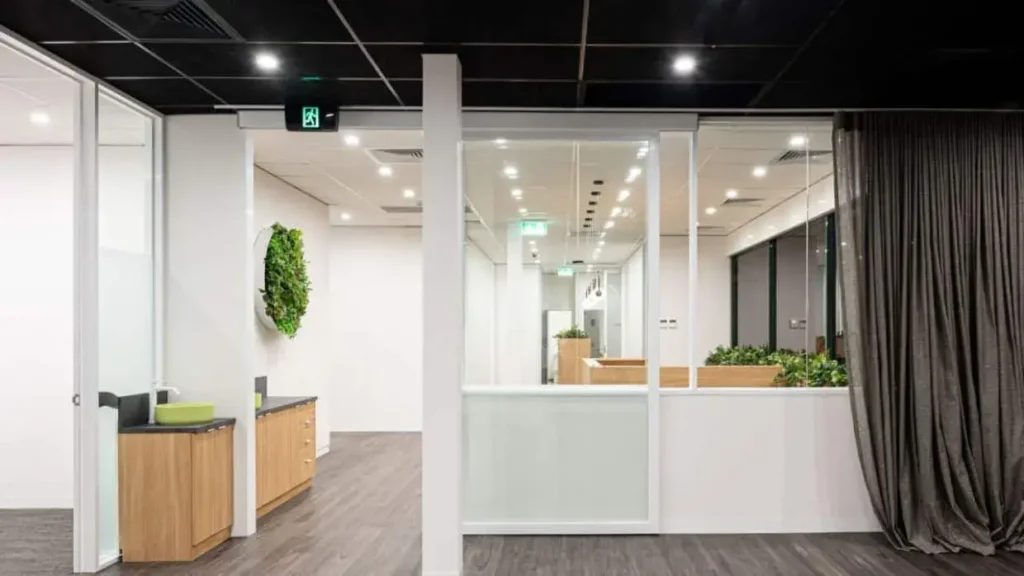As the healthcare industry evolves, the emergence of medical coworking spaces has become a significant catalyst for fostering collaborative practices among healthcare professionals. These innovative environments not only facilitate the sharing of infrastructure and technological resources but also promote an interdisciplinary approach to patient care. By integrating diverse medical expertise in a single, synergistic setting, these spaces create opportunities for enhanced communication, idea generation, and problem-solving that traditional medical offices often lack. However, while the advantages are clear, the implications of such collaborative arrangements on professional autonomy and patient confidentiality remain areas ripe for exploration. How do these spaces balance individual practitioner needs with collective goals?
Defining Medical Coworking Spaces
Medical coworking spaces are specialized environments designed to promote collaboration among healthcare professionals, offering shared resources and facilities that support various medical practices. These spaces are strategically developed to adapt to the dynamic needs of modern healthcare delivery, providing a platform where professionals can converge to enhance service delivery.
By integrating state-of-the-art technology and flexible workspace options, these environments foster a community-oriented workspace that encourages a seamless exchange of ideas and expertise. This model not only supports established medical practitioners but also welcomes emerging professionals, creating a nurturing ecosystem that accelerates professional growth and innovation.
The strategic design and operational flexibility inherent in medical coworking spaces make them pivotal in shaping future healthcare landscapes.
Benefits for Collaborative Practice
Collaborative practice in medical coworking spaces significantly enhances the efficiency and quality of healthcare delivery by fostering interdisciplinary teamwork and resource sharing.
These environments encourage a convergence of varied healthcare professionals who bring distinct skill sets to the table, thus fostering a holistic approach to patient care.
By operating in such integrated settings, practitioners can more readily exchange information, cross-pollinate ideas, and innovate solutions, leading to improved patient outcomes.
Moreover, these spaces often cultivate a sense of community and belonging among professionals, which not only boosts morale but also enhances professional satisfaction and retention.
Strategically, this model leverages collective expertise in a way that individual practices cannot, making it a formidable strategy in modern healthcare ecosystems.
Learn more:

